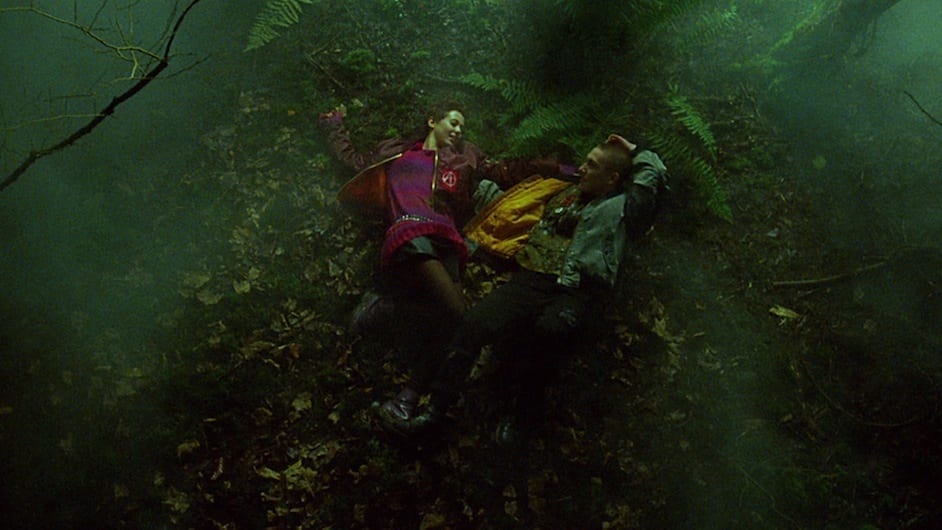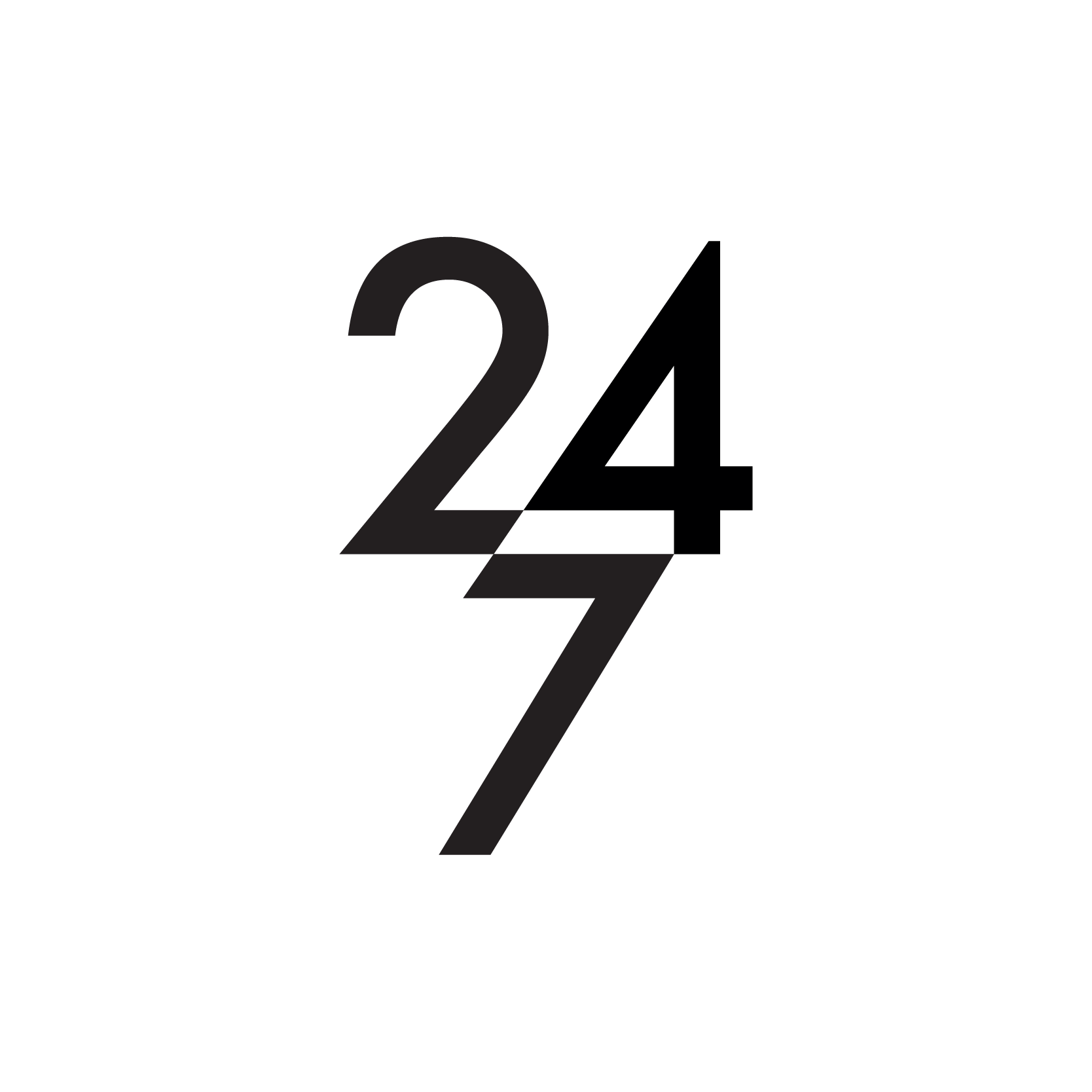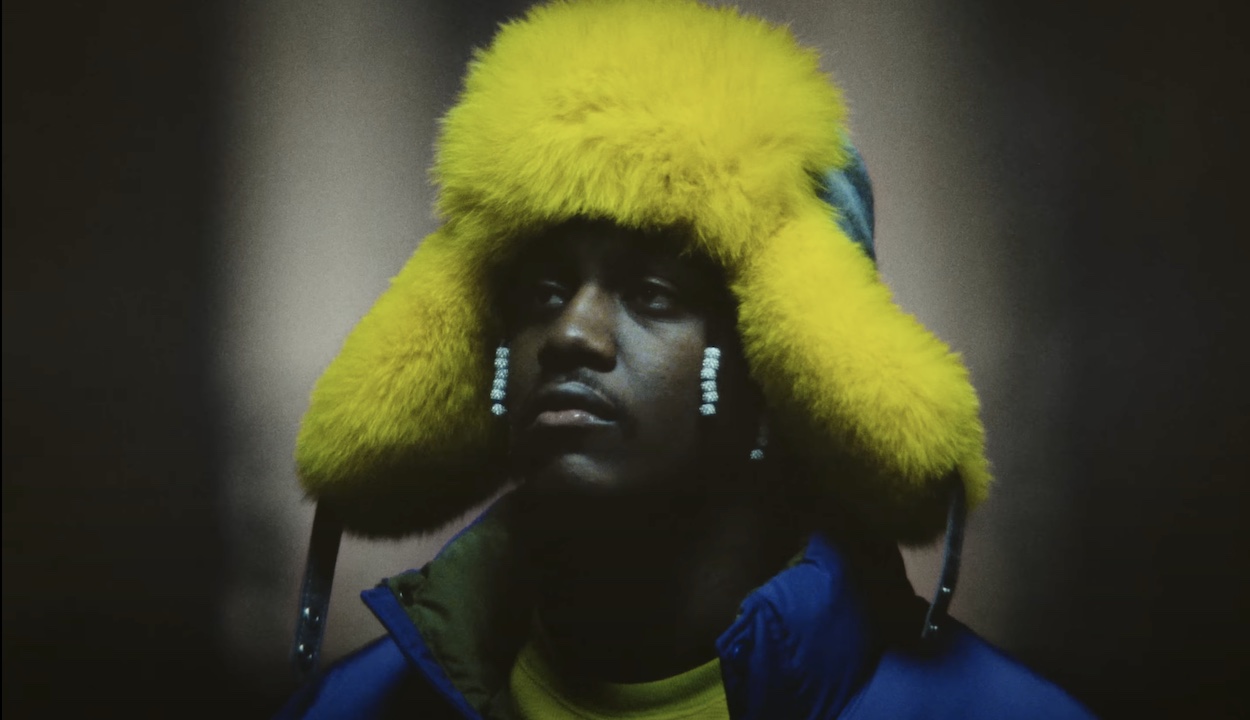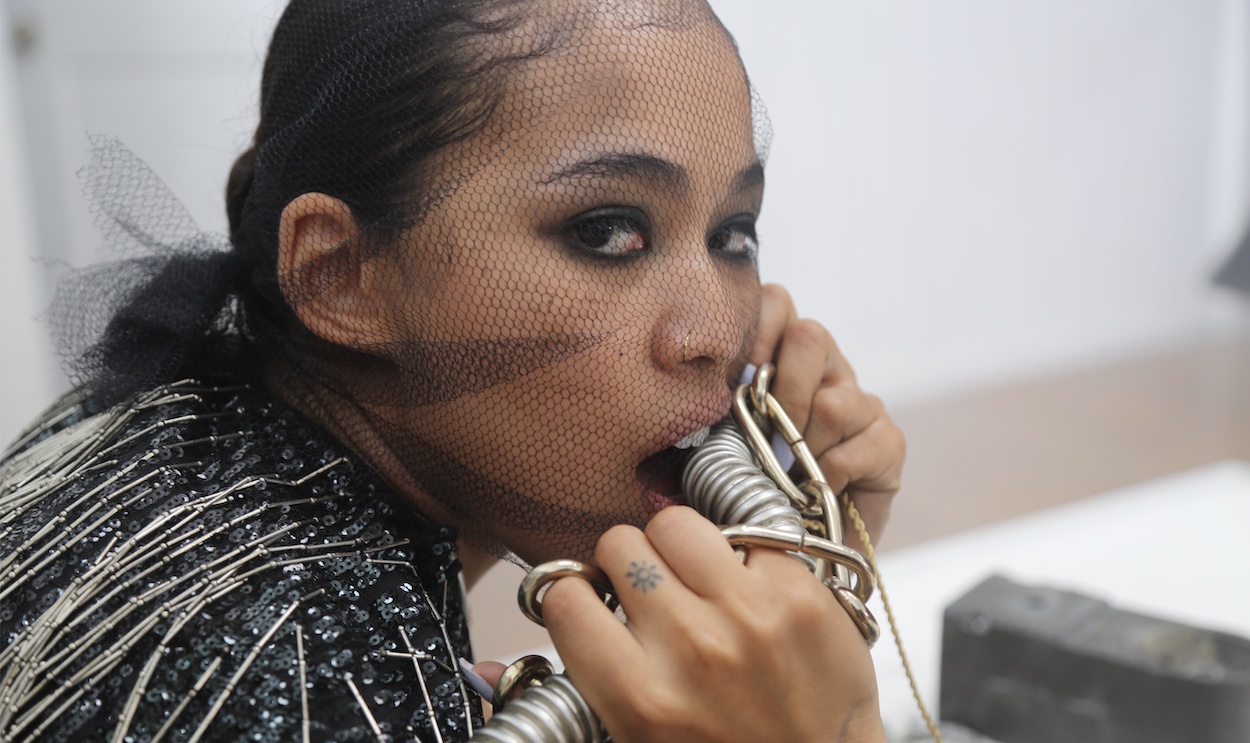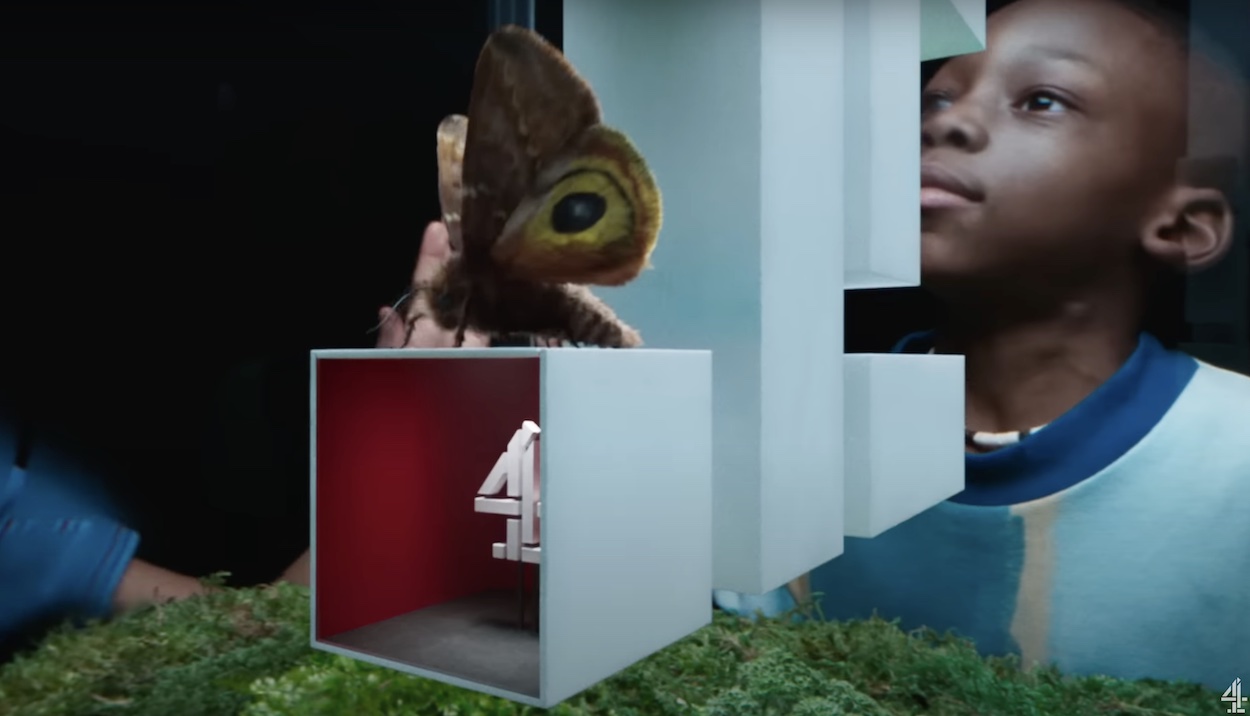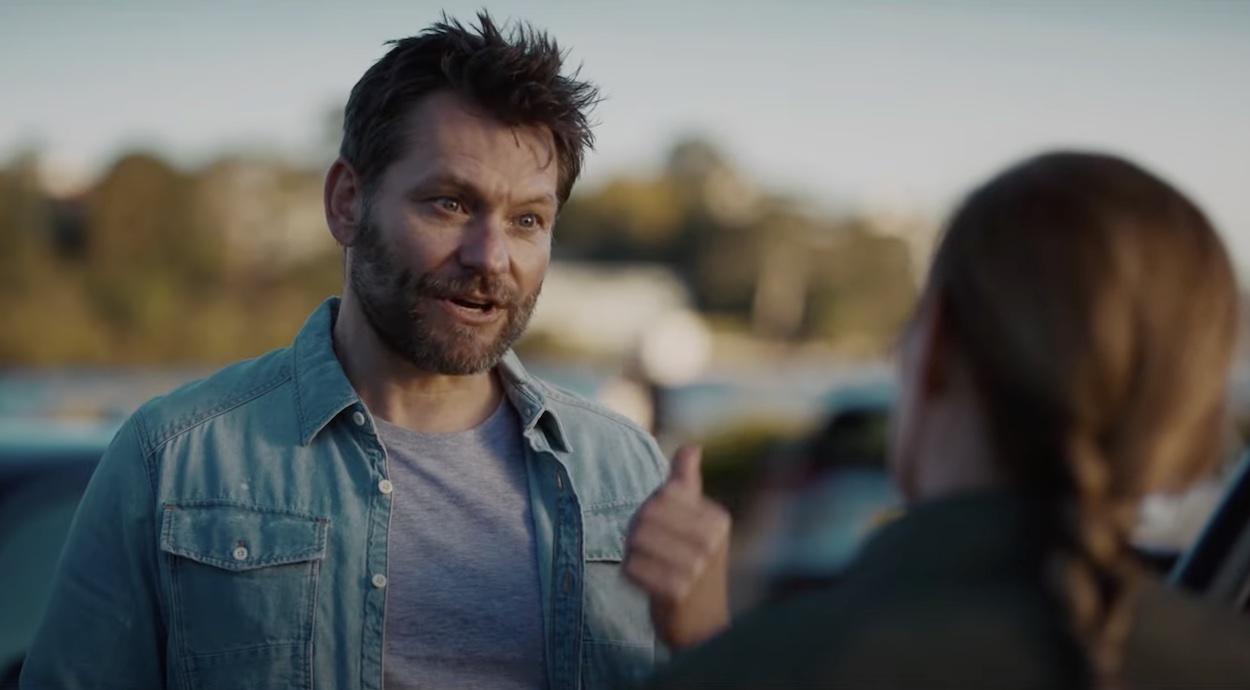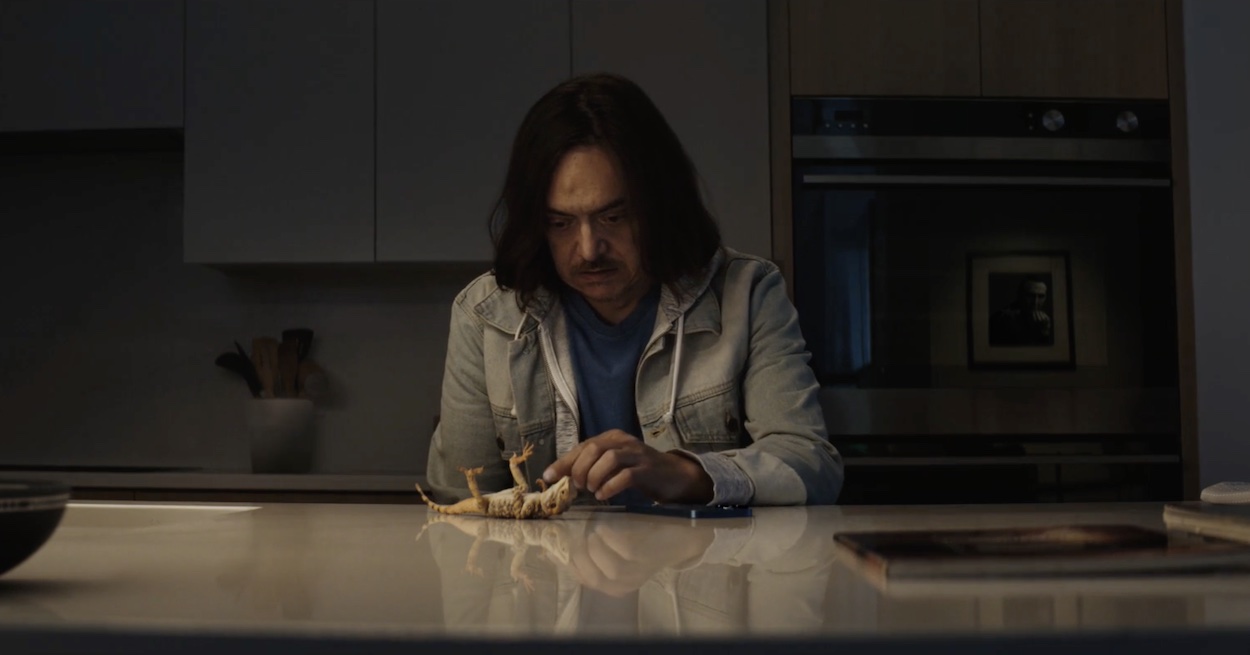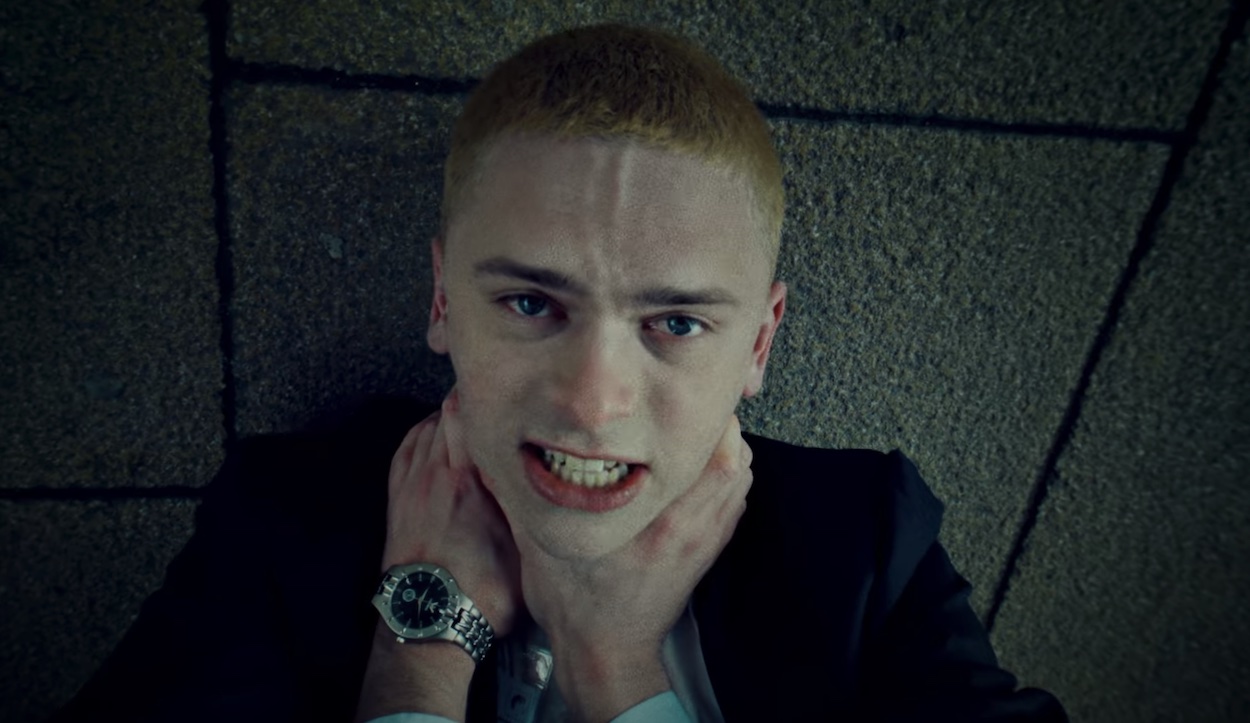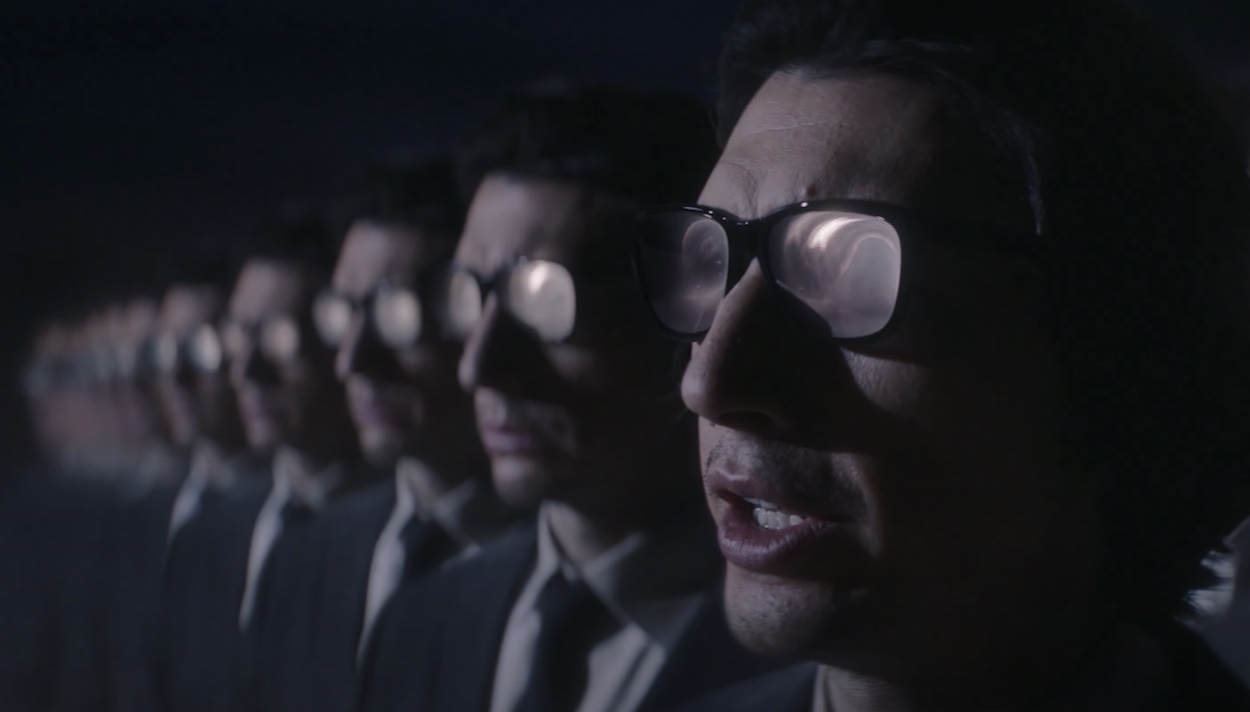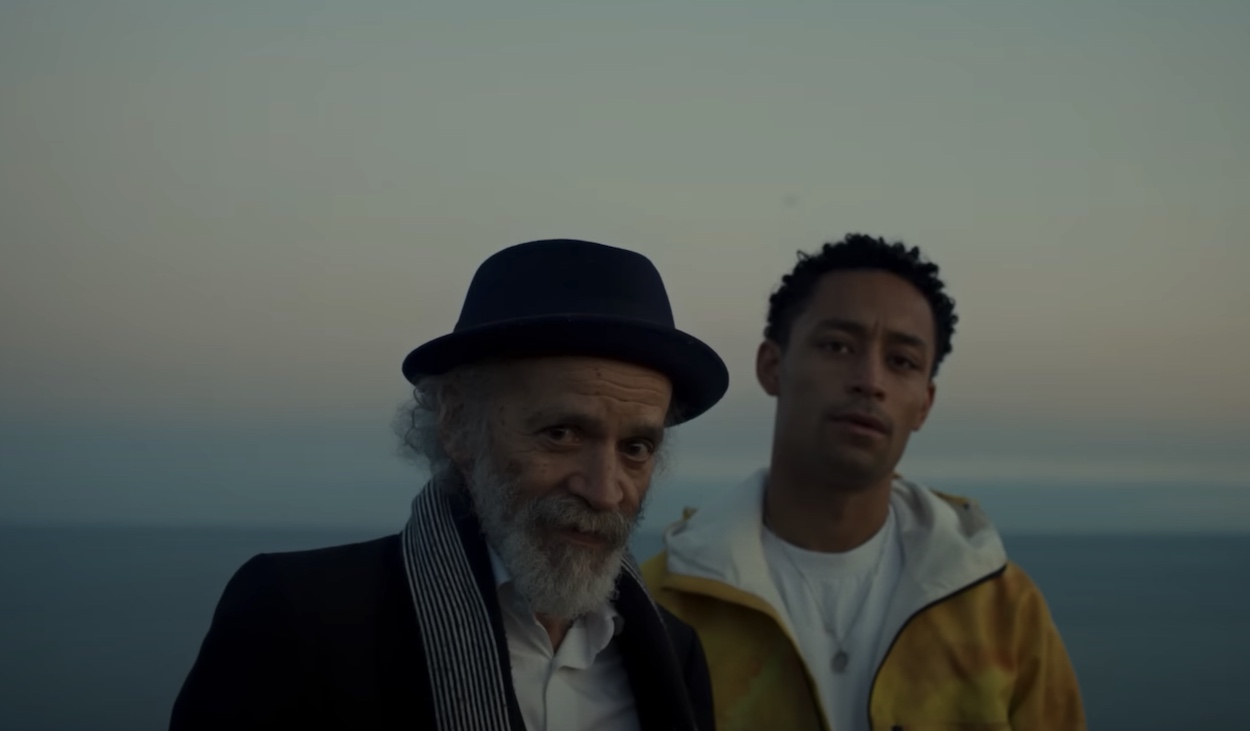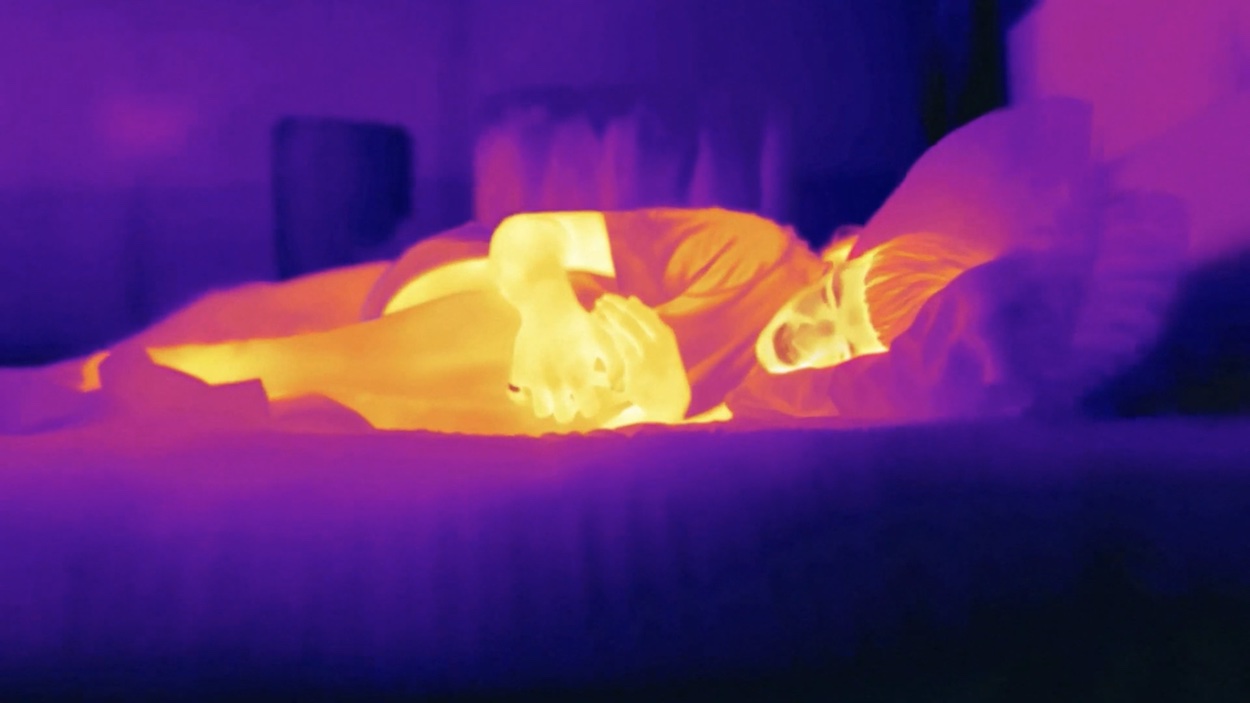Somesuch director Aoife McArdle’s brutal and gripping short film, Every Breaking Wave based on the U2 song of the same name, is set on the streets of early 1980s Northern Ireland. It is built around themes of emotional abandon and the uncertainty of romantic relationships following two teenagers, one Catholic and the other Protestant, who fall in love amidst the ongoing violence.
Talking about her vision for the short film, Belfast-born McArdle said: “I wanted to make a film about what it was like to be a teenager in the early ’80s in Northern Ireland. All the different pressures on you, the pressures of friendship, of falling in love for the first time, and all that in the face of huge troubles.
“Violence was inescapable on your doorstep. I remember very vividly what it was like to grow up when there were bombs going off and army everywhere so I did draw on a lot of memories.I hope people see that it’s a story – a story that’s based on real stories. It’s like capturing a time. And I hope people feel inspired by how resilient teenagers at that time were in Northern Ireland, and moved by their ability to live life in as full a way as possible, despite the circumstances.”
McArdle in her interview with The Creators Project, says she mapped out a script with the music pouring from her speakers, noting what stanzas she could set dialogue over, what parts couldn’t have dialogue, when the music could speak for the action, and when lyrics could take over in telling the story. “It’s like putting a jigsaw puzzle together,” she explains. While listening to the soaring strains of “Every Breaking Wave” and “The Troubles” on repeat, McArdle instinctively knew that she wanted to mix omniscient and voyeuristic high angle shots captured by moving cranes with more visceral and emotional close encounters, “moving from the intimate to the epic in a moment” as she describes.
For cinematography, McArdle turned to paintings for hints on how to use light and color to enhance story and character. “Weirdly, I’ve been looking at a lot of Max Ernst again. Mostly because of the way he used the color yellow,” she says. She admired how Ernst’s arresting yellows popped in his depictions of bleak environments. And Edward Hopper, she adds, who paints with an “underexposed” aesthetic, using vivid colors to depict noir. Similarly, she accentuates the effect in her own films when color grading the final piece, stating, “I like when you can’t really see people’s faces because I think it makes them more enigmatic. It gives them back the mystery afterwards.” Other painters who have significantly influenced the aesthetic of her work include Francis Bacon, George Shaw, and filmmaker Alan Clarke.
She wanted the fictional story to have an air of realism, which meant street-casting actors and filming in Northern Ireland. For the lead boy, she searched for someone who looked tough, but could also show a glimmer of vulnerability. “I was walking down the street and I spotted these two boys just hanging out, smoking cigarettes outside the town hall in Belfast. And I just thought one of them had the most arresting eyes and an interesting face,” she says. She persuaded him to audition and cast him as the lead. The rest of the characters are all played by kids who are born and raised in Belfast. As the film shooting began and progressed, McArdle notes they grew increasingly more brilliant, and could pull from their own lives and emotions from growing up in the aftermath. “One of them was like, ‘Yeah, I think I’m going to be a hairdresser because my mum’s got a hairdressing salon.’ And I’m like, ‘No you’re not, you’re going to be an actor,’” she says.
Read The Creators Project full interview with Aoife McArdle here.
